
Pointless Conversations
¥19.52
Pointless conversations: a selection of daft, ridiculous and utterly pointless meanderings from the mind of Scott Tierney. If you've ever wanted to know the answers to why Superman is a coward; why Spiderman should technically be deformed; and if Superdog caused the death of Krypton, then these bite-sized comics will reveal all. The discussions may be insane, and most of what is said is rambling, but despite this, you may find yourself agreeing with most of what is said. It's a fair point: where does Spiderman store all that web?
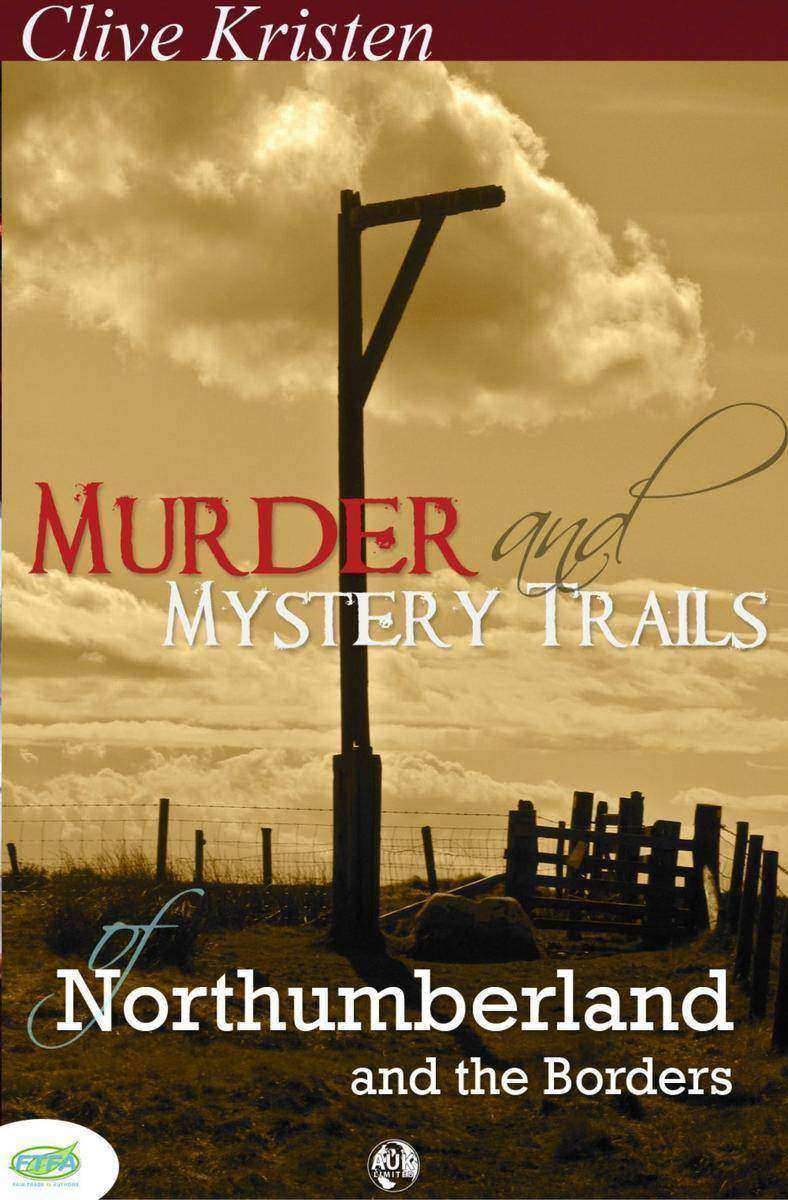
Murder & Mystery Trails of Northumberland & The Borders
¥29.33
Popular TV ghosthunter, Clive Kristen, takes the reader in search of the most notorious murderers in Northumberland's history and tries to unravel the circumstances and mysteries that still surround their crimes. The stories are woven into their historical context within the area. Although the trails are largely rural, we have included the region's capital and some of its most ancient buildings. Many of the stories have never been published before in any format. So get out your boots and brollies and join the author at some of his favourite murder scenes.

101 Amazing Facts about The Movies - Volume 2
¥19.52
Did you know that watching scary movies burns more calories than any other genre? Or that three quarters of the women James Bond has slept with have tried to kill him? If you enjoy going to the movies, you will love this book which contains over one hundred amazing facts about your favourite flicks. Organised into sections such as costumes, props, original endings and more, this is the perfect addition for any film fan's bookshelf.

50 Quick Facts About the Walking Dead
¥9.71
Walking Dead is the television and written world phenomenon that has come from the work of Robert Kirkman and his Image Comics series. Inside this book you'll find trivia and many interesting facts about the walkers, the characters and the actors, cast and crew that bring them to life on the hugely successful television series. This book is a must have for any fan who wants a little help traversing the post apocalyptic world of the Walking Dead.

101 Amazing Robbie Williams Facts
¥19.52
Are you the world's biggest Robbie Williams fan? Or do you want to find out everything there is to know about the ex Take That singer and global superstar? If so, then this is the book for you! Contained within are 101 amazing facts about Robbie's time with Take That, his solo career, the many awards he has won and much more. The book is easily organised into sections so you can find the information you want fast and is perfect for all ages!

101 Amazing Michael Jackson Facts
¥19.52
Are you a fan of King of Pop Michael Jackson? Do you know everything there is to know about the world's greatest ever superstar? Then this is the book for you! In this easy-to-digest eBook are 101 facts about your favourite singer - do you know all of them?Test yourself and your friends with these handily-packaged facts easily organised into categories for maximum enjoyment. Sections include his upbringing, his music, and his tragic death. This is a perfect bite-sized eBook for any fan of the world-famous icon.

101 Amazing Facts about Eminem
¥19.52
Are you the world's biggest Eminem fan? Or do you want to know everything there is to know about the rapper and best-selling artist of the last decade?If so, then this is the book for you! Contained within are 101 amazing facts about everything, from his upbringing as Marshal Mathers III, how he got started in the music industry, his rocky relationship with Kim and much more. The book is easily organised into sections so you can find the information you want fast and is a great addition to any bookshelf.
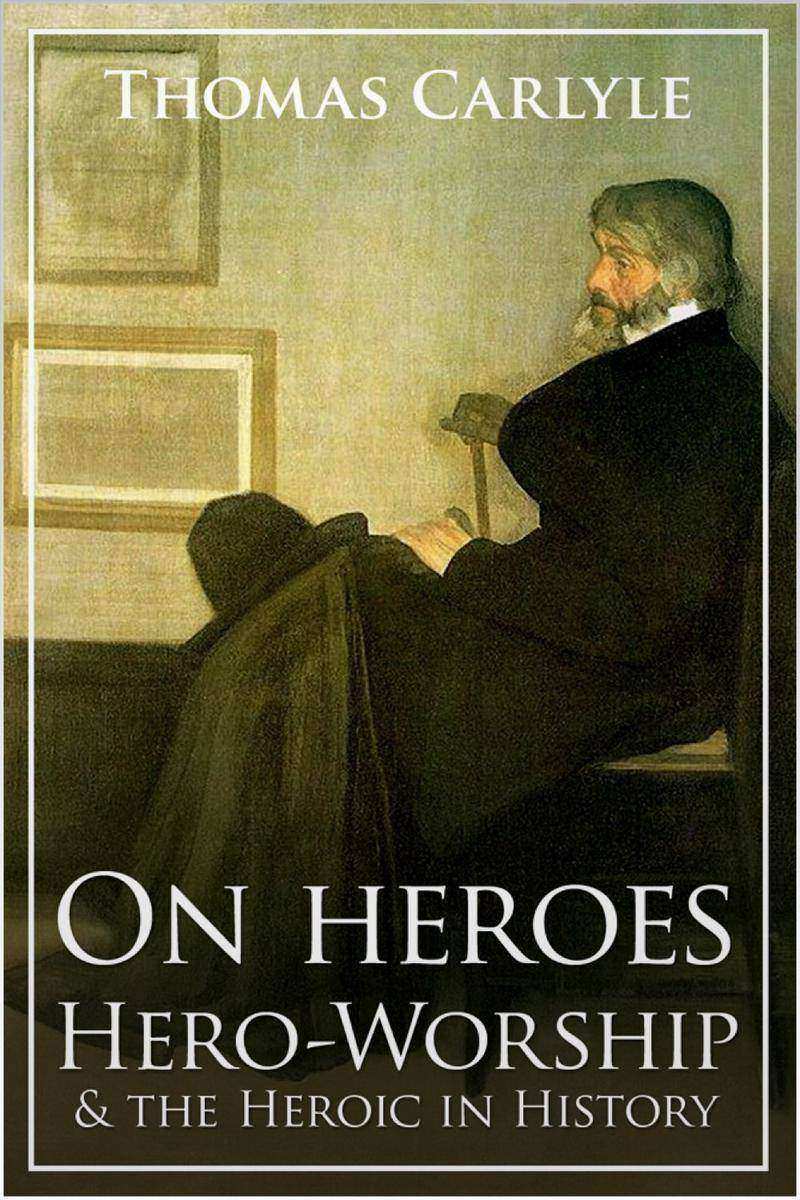
On Heroes, Hero-Worship and the Heroic in History
¥19.52
Thomas Carlyle's fascinating work looks at the concept of the Hero by comparing a wide range of different types of heroic figures, including Odin, Shakespeare, Cromwell and the Prophet Mohammed.

101 Amazing Facts about Busted
¥19.52
Are you the world's biggest Busted fan? Or do you want to find out everything there is to know about Charlie, Matt and James?If so, then this is the book for you! Contained within are 101 amazing facts about everything, from how each of the bandmates got started in the music industry, their success both during and after their time with Busted, awards they have won and many more. The book is easily organised into sections so you can find the information you want fast and is a great addition to any fan's bookshelf.

Anecdotal Humour
¥19.52
Contained in this book are 110 anecdotes covering many aspects of contemporary life on non-fiction level. The anecdotes are real life situations which the author has gone through or witnessed or heard or imagined.

101 Amazing Facts About The Eurovision Song Contest
¥19.52
Do you love the Eurovision song contest? Do you hold a Eurovision party every year? Or do you just want to discover more about the world's premier music competition? If so, you'll love this fantastic eBook featuring more than 100 facts. From the countries who have won the competition the most to the famed entries who received 'nul points'; from information about the rules to amazing things about the competition you never would have guessed, this fun fact-filled folio has everything you need to know!

101 Amazing Facts about Fifth Harmony
¥19.52
Are you the world's most dedicated Harmonizer? Do you know more about Fifth Harmony than any other fan? Or do you want to discover some fantastic information about the girls who have taken the world by storm? If so, then this is the book for you! Contained within are more than one hundred amazing facts about everything, from the music to the relationships plus much, much more. The book is easily organised into sections so you can find the information you want fast, and is perfect for all ages. No Harmonizer should be without it!

101 Amazing Facts about The Vamps
¥19.52
Are you the ultimate Vampette or Vampion? Do you want to know even more about Brad, James, Connor and Tristan? If so, then this is the book for you! Contained within are 101 amazing facts about everything, from how the boys formed the band to their likes, dislikes and awards they have won plus much, much more. The book is easily organised into sections so you can find the information you want fast and is perfect for all ages.

A-Z of PC Engine & TurboGrafx Games
¥19.52
The A-Z of PC Engine & TurboGrafx: Volume 1 features reviews of three different games for each letter of the alphabet. The games range from the very earliest releases in 1987 to the modern homebrew games of today. This book shows you just how diverse the library of titles is for the PC Engine and TurboGrafx and how they became so popular with retro gaming collectors.

Rixton Quiz Book
¥24.43
Are you a fan of British boy band Rixton? Can you name the individual band members? Have you watched the music videos that the band has uploaded to YouTube? If so, you will be familiar with Rixton and enjoy their music but how much do you really know about the up and coming band? Find out exactly what Rixton has been up to with this new quiz book. What was Rixton previously known as? Whose tour titled 'The Honeymoon Tour' did the band support, kicking off in February 2015? How did Rixton celebrate the success of the single 'Me and My Broken Heart'? These are just some of the questions to be found inside The Rixton Quiz Book. Packed with information, this book details Rixton's journey from young hopefuls to chart topping success and includes sections on each of the band members as well as facts about their music, tours, singles and album. With 100 questions all about your favourite band, this is a must-have book for Rixton's rapidly growing fan base.
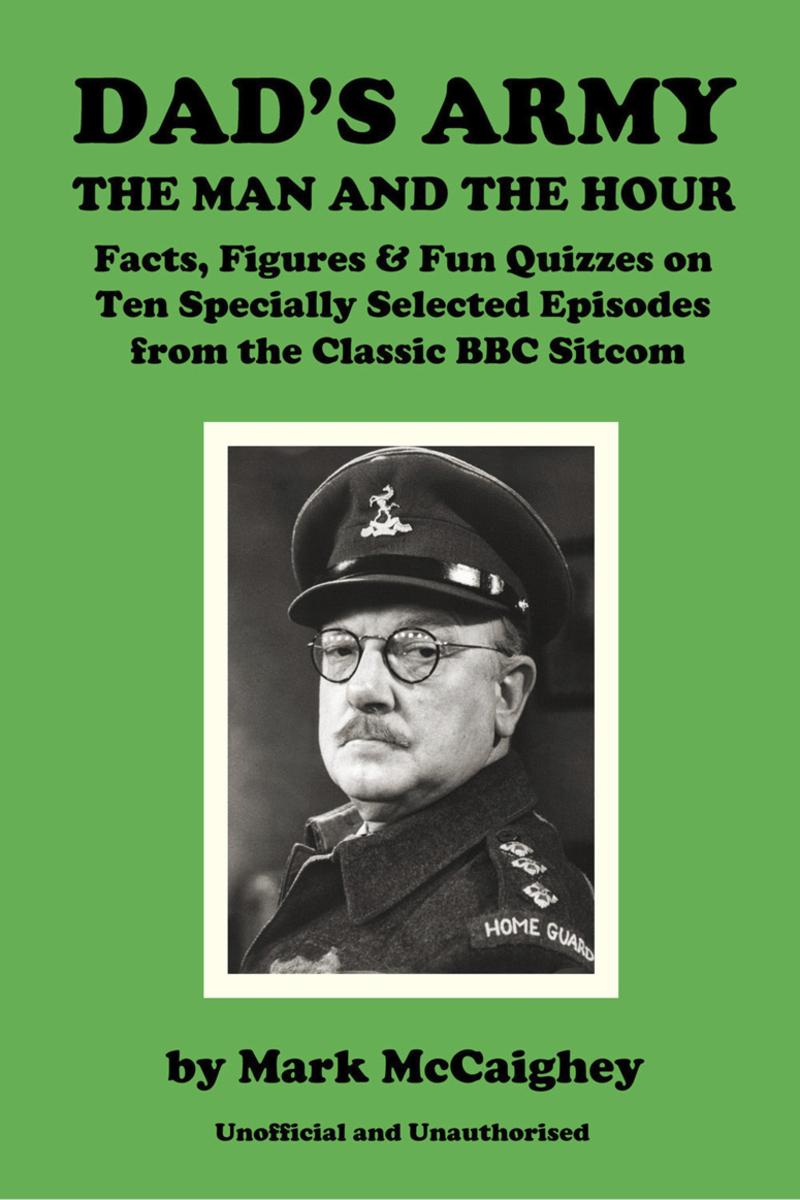
Dad's Army - The Man and The Hour
¥29.33
This original, informative and entertaining book focuses on ten specially chosen episodes from the eighty Dad's Army shows that were produced during the programme's long run from 1968 to 1977. Amongst the episodes featured are ones that have been favoured by the writers Jimmy Perry and David Croft and by some of its stars - John Le Mesurier, Ian Lavender and Frank Williams. There are anecdotes and quotes from those involved and quizzes on each of the episodes, which are: The Man and the Hour (first episode), The Showing Up of Corporal Jones, The Armoured Might of Lance Corporal Jones, Something Nasty in the Vault, Branded, Mum's Army, The Deadly Attachment (the "e;Don't tell him, Pike"e; episode), The Royal Train, Ring Dem Bells and Never Too Old (final episode). Dad's Army The Man and The Hour is an absolute must-have for fans of this classic sitcom.
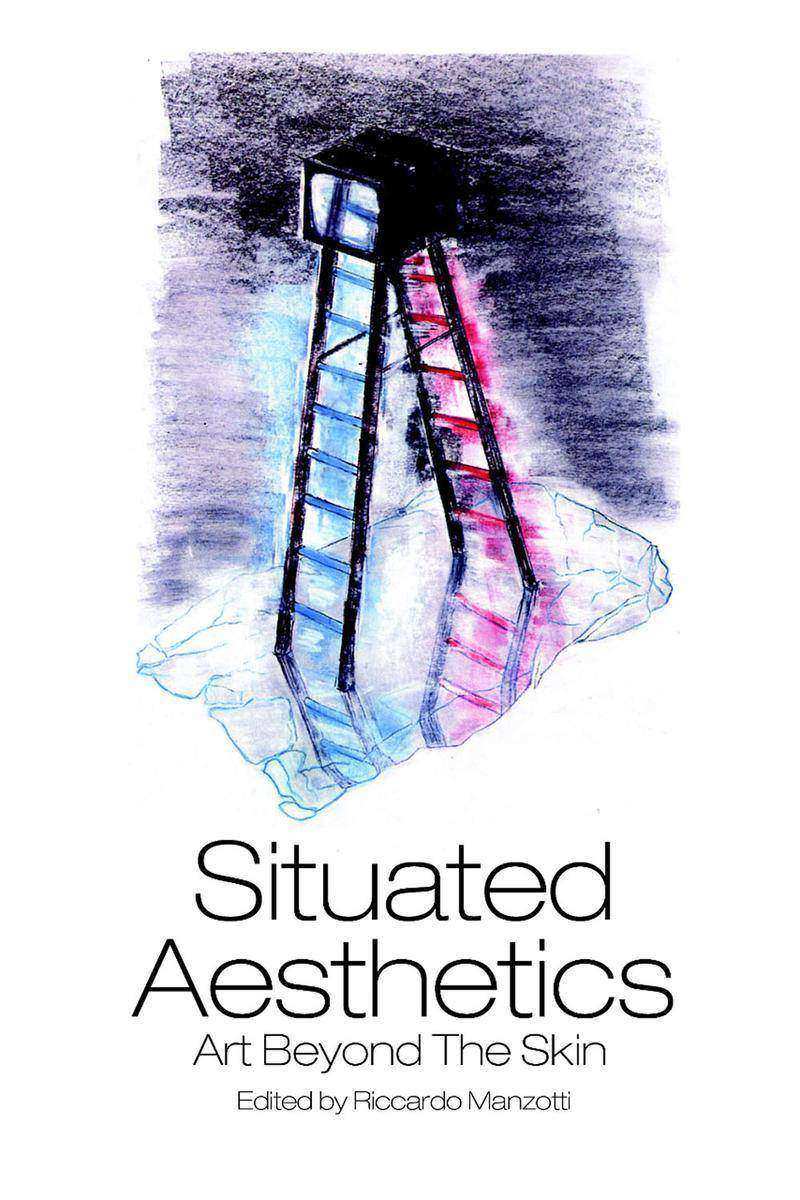
Situated Aesthetics
¥132.34
This book focuses on externalist approaches to art. It is the first fruit of a workshop held in Milan in September 2009, where leading scholars in the emerging field of psychology of art compared their different approaches using a neutral language and discussing freely their goals.The event threw up common grounds for future research activities. First, there is a considerable interest in using cognitive and neural inspired techniques to help art historians, museum curators, art archiving, art preservation. Secondly, cognitive scientists and neuroscientists are rather open to using art as a special way of accessing the structures of the mind. Third, there are artists who explicitly draw inspiration out of current research on various aspects of the mind. Fourth, during the workshop, a converging methodological paradigm emerged around which more specific efforts could be encouraged.
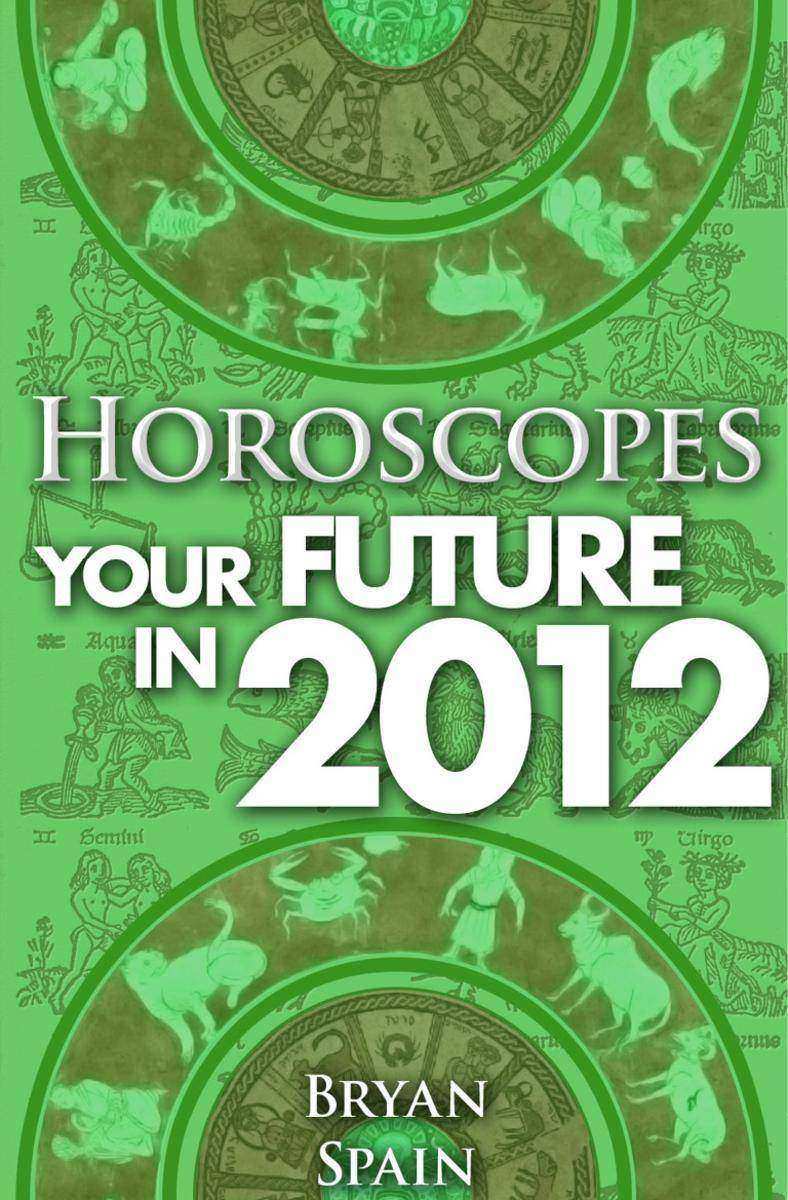
Horoscopes - Your Future in 2012
¥39.14
A Book of horoscopes for every star sign for each week in 2012: see what the future holds for you! These predictions mainly deal with the three most important areas in people's lives - work, family life and romance although another subject may appear occasionally. Advice appears in some forecasts together with a little gentle criticism of people who take themselves too seriously. It is hoped that these predictions will bring smiles, encouragement and pleasure to the readers. This book of horoscopes for the year 2012 has been specially formatted for today's e-readers.

Stepping Stones to Creativity
¥186.29
This guide contains four books-worth of creative activities for the early years in one bumper-value guide.Perfect to dip into, this gem of a guide features:- Hundreds of easy-to-follow activities that cover 40 of the most popular early years topics- Each topic contains ideas for singing, dance, movement, storytelling, art and design, and drama- An easy-reference key showing which of the Creative Development Early Learning Goals are being exploredAn essential for anyone wanting new and creative ideas for use in topic work with the early years. This book is a compendium of all the activities from the following four Stepping Stones to Creativity titles: Dance and Movement; Design, Art and Modelling; Stories, Songs and Rhymes and Drama and Role Play.

Soap Quiz Book
¥39.14
Can you remember Hilda Ogden, Annie Sugden and Dirty Den or are you more familiar with the current soap stars who keep us hooked with the ever changing dramatic events that shape their onscreen lives? All your favourite characters from yesteryear can be found in this quiz book alongside those more contemporary villains television audiences just love to hate. The 1,000 testing questions in this book will have you arguing with family and friends about the many memorable moments that have defined the history of soap. Gripping plots, bad guys and girls, heroes, happy events and dark moments, loves and losses are all covered in The Soap Quiz Book and will refresh your memory of all the essential viewing moments from the soaps down the years. Packed with fascinating facts this book is guaranteed to provide hours of entertainment for soap fans of all ages. So whether you are a dedicated follower of Coronation Street, have never missed an episode of Neighbours or have just discovered Hollyoaks this quiz book is sure to prove a fun read.

50 Quick Facts about 5 Seconds of Summer
¥9.71
Do you love 5 Seconds of Summer, are you a fan of 5SOS, then you need these 50 Quick facts about the band! It's a quick facts fix for fans!




 购物车
购物车 个人中心
个人中心



